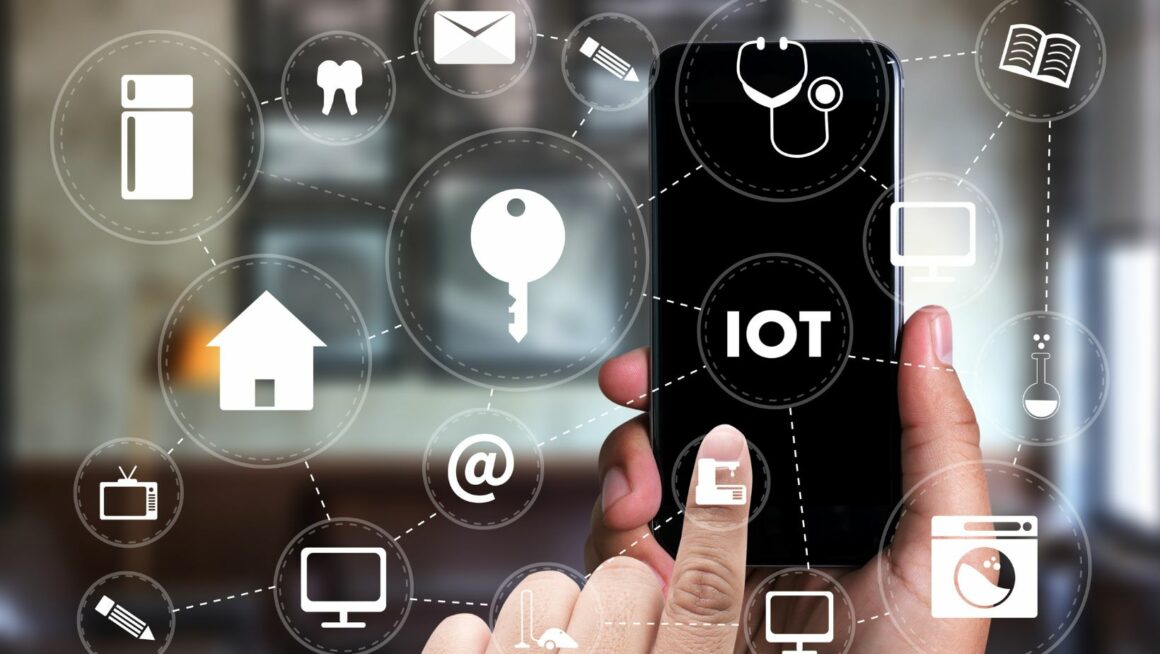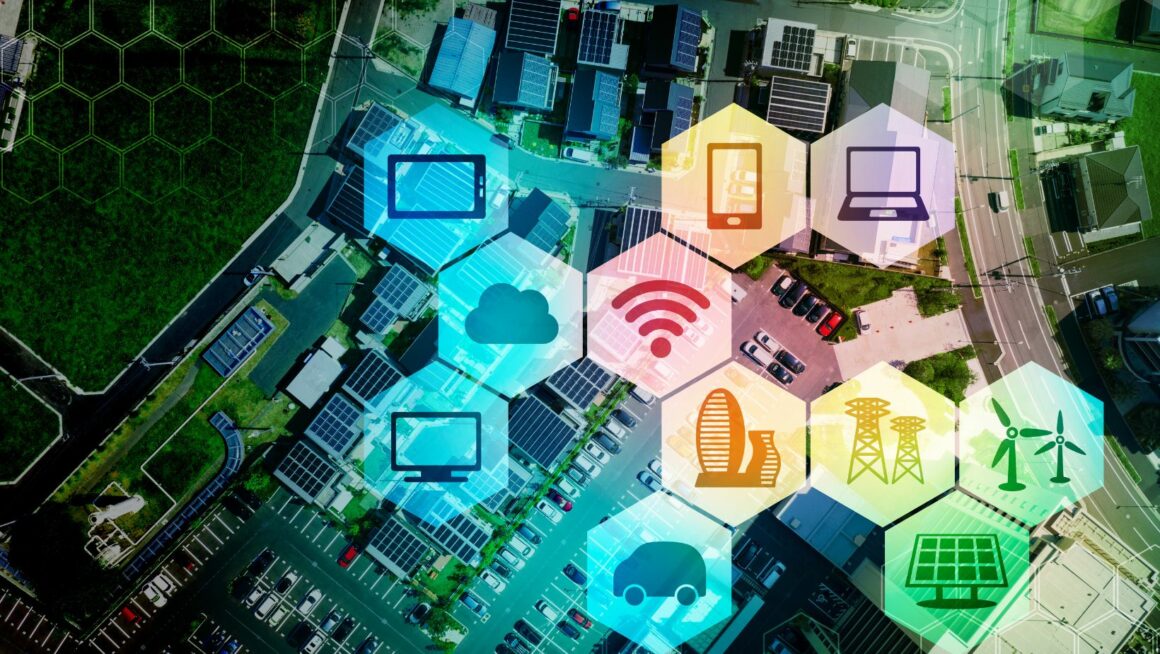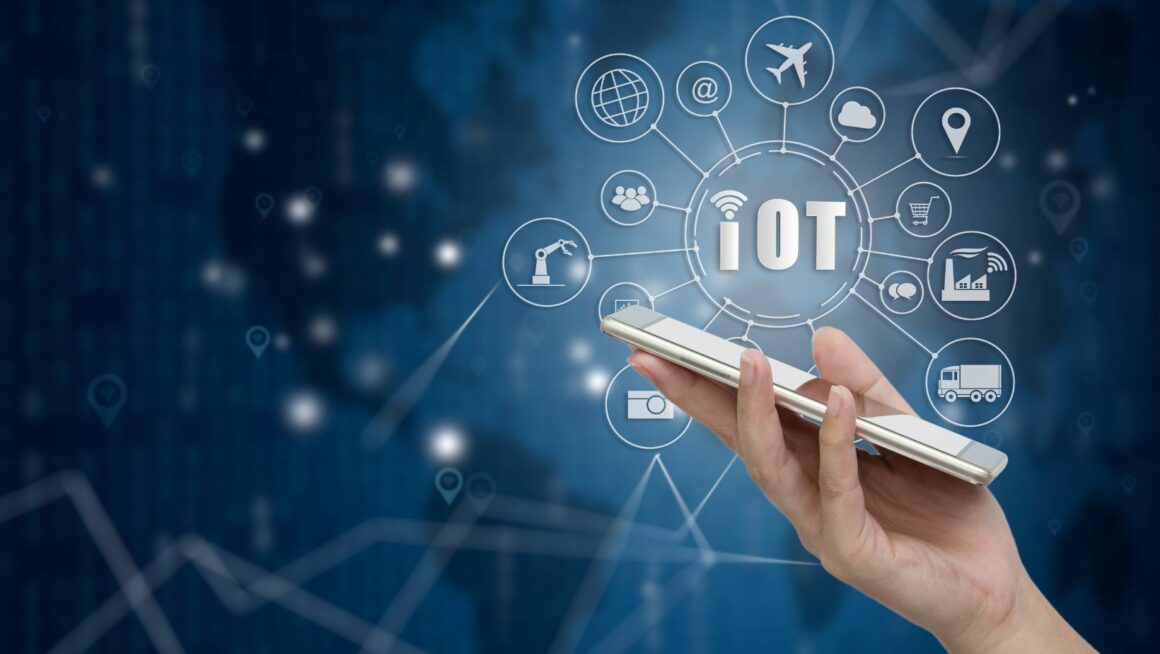In the digital era, the Internet of Things (IoT) has emerged as a game-changer, reshaping the way we interact with our environment. From smart homes to industrial automation, IoT platforms are at the heart of this transformation, acting as the backbone that connects, manages, and secures our increasingly smart world.
Yet, navigating the IoT landscape can be complex, with a myriad of platforms each offering unique capabilities. Whether you’re an entrepreneur looking to integrate IoT into your business, or a tech enthusiast curious about the latest trends, understanding these platforms is essential.
In this article, we’ll delve into the fascinating world of IoT platforms, exploring their role, their features, and how they’re driving the future of technology. So, buckle up and prepare for an enlightening journey into the heart of the digital revolution.
Internet of Things Platforms
 Internet of Things platforms form the backbone of the IoT environment. Featuring the capacity to gather, compile, interpret and act on significant quantities of data from numerous IoT gadgets, they exhibit potential to revolutionize modern tech interfaces. On the platforms’ list are reputed names, such as Microsoft’s Azure IoT, IBM’s Watson, Amazon Web Services (AWS) IoT Core, and Google’s Cloud IoT, each exhibiting capabilities tailored to specific requirements and objectives. Given their crucial role, the understanding of IoT platforms grows increasingly necessary for technological attempts to utilize IoT, magnifying their overall impact in the tech domain.
Internet of Things platforms form the backbone of the IoT environment. Featuring the capacity to gather, compile, interpret and act on significant quantities of data from numerous IoT gadgets, they exhibit potential to revolutionize modern tech interfaces. On the platforms’ list are reputed names, such as Microsoft’s Azure IoT, IBM’s Watson, Amazon Web Services (AWS) IoT Core, and Google’s Cloud IoT, each exhibiting capabilities tailored to specific requirements and objectives. Given their crucial role, the understanding of IoT platforms grows increasingly necessary for technological attempts to utilize IoT, magnifying their overall impact in the tech domain.
Key Features of Top IoT Platforms
When examining Internet of Things platforms, several significant features emerge that define their usefulness and impact. These include connectivity and integration, data collection and analysis, and device management and security.
Connectivity and Integration
 Connectivity lies at the heart of every IoT platform’s function, allowing devices to share data seamlessly. This feature permits devices on the network to interact with each other as well as with external systems, creating a cohesive data ecosystem. Many top-tier platforms like Amazon’s AWS IoT Core and Microsoft’s Azure IoT exhibit this feature prominently.
Connectivity lies at the heart of every IoT platform’s function, allowing devices to share data seamlessly. This feature permits devices on the network to interact with each other as well as with external systems, creating a cohesive data ecosystem. Many top-tier platforms like Amazon’s AWS IoT Core and Microsoft’s Azure IoT exhibit this feature prominently.
Integration, the platform’s ability to work harmoniously with existing systems and devices, adds another layer of utility. For example, Google’s Cloud IoT effortlessly integrates with existing Google services.
Data Collection and Analysis
The capability of IoT platforms to collect and analyze vast amounts of data distinguishes them as central to the IoT ecosystem. For instance, IBM’s Watson excels in data collection and analysis, providing invaluable insights through its intelligent tools. Robust data collection capabilities enable the platform to gather information from myriad IoT devices. Analysis tools then scrutinize this data, delivering actionable insights for the user.
Device Management and Security
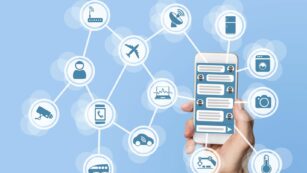 Device management is another significant feature of top IoT platforms. It supports operational processes such as device provisioning, firmware updates, and troubleshooting.
Device management is another significant feature of top IoT platforms. It supports operational processes such as device provisioning, firmware updates, and troubleshooting.
Security, often overlooked, is indispensable in this digitally connected era. Top IoT platforms incorporate robust security features as they handle sensitive data while ensuring its protection against potential cyber threats. Secure connectivity, data encryption, access control, and intrusion detection are some features that fortify the platform’s defenses, increasing their credibility in the eyes of both, enterprises and users.
Popular Internet of Things Platforms
IoT platforms have emerged as game-changers in the digital age. They’re transforming how we interact with our environment and navigate the complex IoT landscape. For tech enthusiasts and entrepreneurs, understanding these platforms isn’t just beneficial; it’s essential. Platforms like Azure IoT, IBM’s Watson, AWS IoT Core, and Google’s Cloud IoT stand out for their unique capabilities. They offer seamless data sharing, robust data collection, and strong security measures. These features underscore the importance and impact of IoT platforms. So whether it’s about integrating with existing systems, managing IoT devices, or securing data, IoT platforms are paving the way. They’re not just the foundation of the IoT ecosystem; they’re shaping its future.
